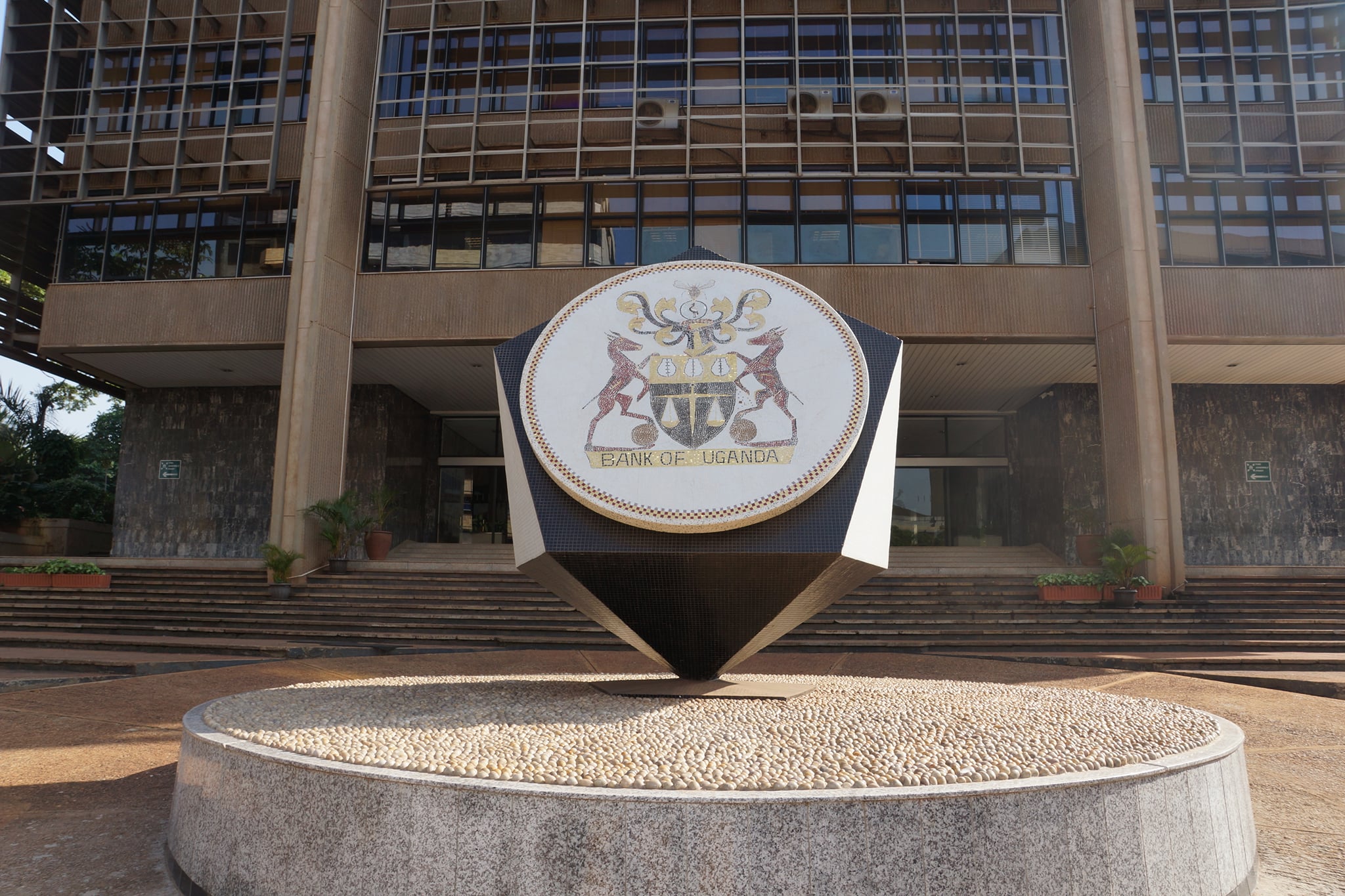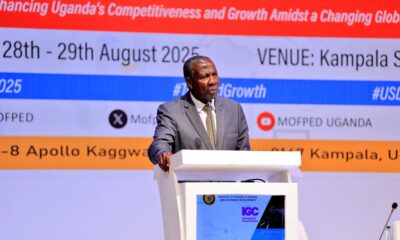Economy
Uganda Maintains Central Bank Rate at 9.75% Amid Stable Economic Outlook
The Bank of Uganda (BoU) has maintained the Central Bank Rate (CBR) at 9.75% for August 2025, signalling a cautious approach to support price stability while fostering sustainable economic growth amid global uncertainty. The decision, announced in the Monetary Policy Statement for August 2025, comes as the country navigates persistent geopolitical tensions, fluctuating commodity prices, and evolving trade dynamics.
The CBR is a key monetary policy tool used to influence the cost of borrowing and the return on savings. By keeping it steady, the BoU aims to ensure that core inflation remains as close as possible to its 5% medium-term target. Core inflation, which excludes volatile items such as food crops, oil prices, and administered prices, is projected to average between 4.5% and 4.8% in FY2025/26.
According to the BoU, inflation in July 2025 stood at 3.8% for headline and 4.1% for core inflation, slightly down from June 2025 levels of 3.9% and 4.2%, respectively. This decline was largely attributed to lower prices for food crops and passenger transport. Economists note that prudent monetary policy, a stable exchange rate, and favourable global food and energy prices have been crucial in maintaining low inflation.
Uganda’s economic growth outlook remains positive. The Uganda Bureau of Statistics (UBOS) estimates GDP growth at 6.3% in FY2024/25, up from 6.1% the previous year. This growth is supported by low inflation, stable exchange rates, export expansion, and ongoing infrastructure investments. For FY2025/26, growth is projected to range between 6.0% and 6.5%, with medium-term strengthening expected due to rising agricultural output, infrastructure development, and investment in the extractive sector.
However, risks to inflation and growth persist. Rising import costs due to trade barriers, a weaker Uganda Shilling, and poor weather conditions could push inflation higher, while falling commodity prices, global supply chain disruptions, and extreme weather could constrain growth. Conversely, easing geopolitical tensions, higher infrastructure investment, and improved business confidence could enhance economic performance.
Economists say that BoU’s cautious stance is a signal of prudent macroeconomic management. Future adjustments to the CBR will be guided by incoming data and continuous assessment of risks to inflation and growth, ensuring that the central bank remains responsive to both domestic and global economic developments.
With this policy decision, Uganda continues to demonstrate resilience in its macroeconomic fundamentals, balancing the twin goals of price stability and sustainable growth in a complex and uncertain global environment.
Key Takeaways from BoU’s August 2025 Monetary Policy Statement:
- Central Bank Rate: Maintained at 9.75%
- Core Inflation: Projected 4.5% – 4.8% in FY2025/26
- Economic Growth: Estimated 6.3% in FY2024/25; projected 6.0% – 6.5% in FY2025/26
- Factors Supporting Stability: Prudent monetary policy, stable exchange rate, low global oil prices, improved food supply
- Risks: Trade barriers, weaker shilling, extreme weather, falling commodity prices
This measured approach is expected to provide a stable environment for investors, businesses, and households, reinforcing confidence in Uganda’s economic trajectory amid global volatility.
Comments



























